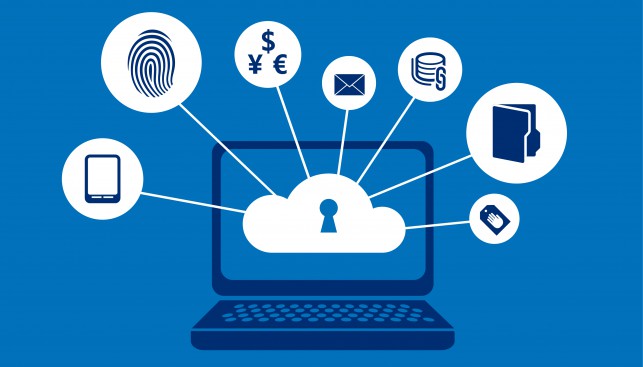During last year’s Hispanic Heritage Month, longtime VFI leader Frank Valdivieso was invited to participate in a panel titled, “Latinos and the Future of AI,” at the Leadership Conference of the Congressional Hispanic Caucus Institute held in Washington, DC. U.S. Representative Ritchie Torres (NY-15) called this panel, “the most important panel of the whole conference because… AI will prove to be the most revolutionary technology of our time.” You can watch a replay of the panel at this link.
We recently spoke with Frank about his role on the panel, his views on the opportunities of AI, and his work as an advocate. Highlights of our conversation appear in the video below, with a Q&A following. Our conversation has been edited for clarity and length.
“Latinos and the Future of AI” is a broad topic. Who was on the panel and what was your role? What were the areas the panel touched on?
I was there representing the small business perspective. The panel also had other members of the tech industry as well as representatives from labor and UnidosUS, a Hispanic civil rights and advocacy organization. We broadly discussed the opportunities and challenges of AI for the Latino community. The discussion touched on education, workforce impacts, the risk of bias, and other areas.
What points did you share from the point of view of a small business?
AI to a large degree represents a further democratization of technology. Anyone can easily benefit from this technology, no matter their background, race, religion, or whatever. As a small business owner, I can already access generative AI solutions to help improve the productivity of our team. On the flip side, we are focused on workforce development. Using AI is going to require developing new skills. Fortunately, there are a number of resources. Microsoft has done a tremendous amount of work to make training and resources available.
What were the most important points that others shared on the panel?
Claudia Ruiz, who’s a civil rights policy analyst from UnidosUS, zeroed in on the fact that there is still a large segment of the Latino community that doesn’t have access to broadband services. Thirty-five percent of Latinos do not have access to the internet at home. If you don’t have access to broadband, there is no way to avail yourself of the services and capabilities of AI. Without access to high-speed bandwidth, they will be excluded from participating in this new AI economy.
You run a small business and you’re also a non-profit leader. Tell us about the intersection of the two.
That’s right. I’m president and CEO of Gryphon Consulting, a managed service provider and Microsoft partner based in Largo, Maryland. We primarily focus on providing IT support services to non-profits, with a focus on fundraising, engagement, and data security. And then, for the second 40 hours of the week, I’m one of the co-founders of the Black Channel Partner Alliance, which is a nonprofit created with other Microsoft partners and VFI members. We’re focused on bringing Black tech partners into the Microsoft ecosystem.
You’re a long-time advocacy leader, participating in Voices for Innovation and other organizations. What advice do you have for advocates who want to engage on AI policies?
There is value to finding your tribe and working together to address issues and challenges that are affecting you—not only as an individual, but also as part of your business. Voices for Innovation has provided me with an opportunity to come together with like-minded individuals to work on issues that impact tech and society. I’ve learned about the importance of advocacy, and Voices for Innovation has educated me about how to engage with my Representative and other businesses to address issues that our impacting our industry.

